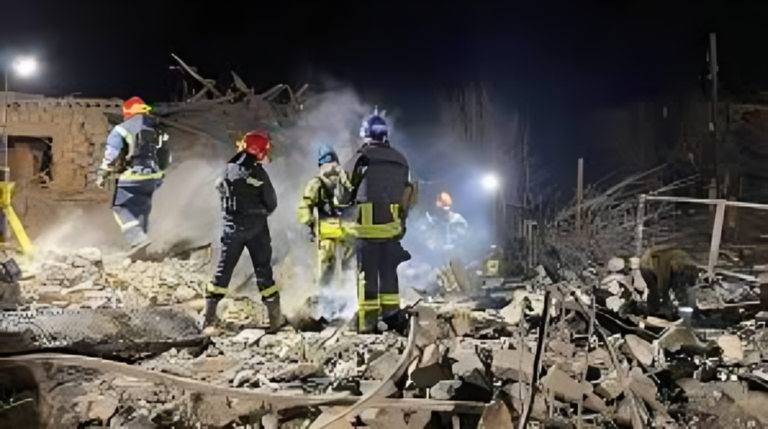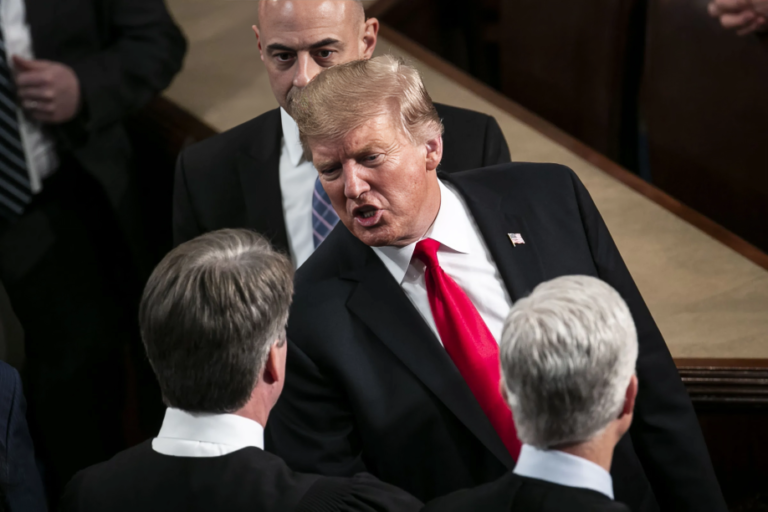In a significant legal development, the High Court has overturned the convictions of BNP’s acting chairman Tarique Rahman and his wife, Dr Zubaida Rahman, acquitting them of corruption charges filed by the Anti-Corruption Commission. The verdict, delivered on Wednesday, marks a pivotal moment in the ongoing political and legal saga surrounding the couple.
A single bench led by Justice Md Khasruzzaman ruled that the case was fundamentally flawed due to procedural irregularities. The court pointed out that the ACC failed to issue a statutory notice to Dr Zubaida Rahman before initiating the proceedings, rendering the entire process unlawful. Moreover, the court described the case as “motivated by malice,” questioning the fairness of the entire trial.
While Tarique Rahman did not challenge his initial conviction, the High Court’s decision effectively quashed it along with that of his wife, leading to their full acquittal. This ruling clears Rahman of all charges, including allegations of amassing illegal wealth, and comes after years of legal battles. His legal team confirmed that he has now been exonerated from the more than 84 cases he faced and in which he was sentenced in five during the current government’s tenure under Sheikh Hasina.
The court’s decision followed an appeal by Dr Zubaida Rahman against her three-year prison sentence, which was originally handed down by a lower court. The hearing, which concluded on 26 May, saw the court accept her appeal, grant her bail until the case’s resolution, and suspend the fine imposed earlier.
Legal representatives for both sides appeared in court, with Advocate SM Shahjahan, Barrister Kayser Kamal, Barrister Zakir Hossain Bhuiyan, and Advocate Md Maksud Ullah representing the Rahmans. The state was represented by Deputy Attorney General Md Abdul Karim, while Advocate Asif Hasan appeared on behalf of the ACC.
This landmark ruling not only exonerates Tarique Rahman and Zubaida Rahman but also raises questions about the procedural integrity of past cases. It underscores the importance of lawful process in ensuring justice, especially in cases intertwined with political rivalry.












+ There are no comments
Add yours